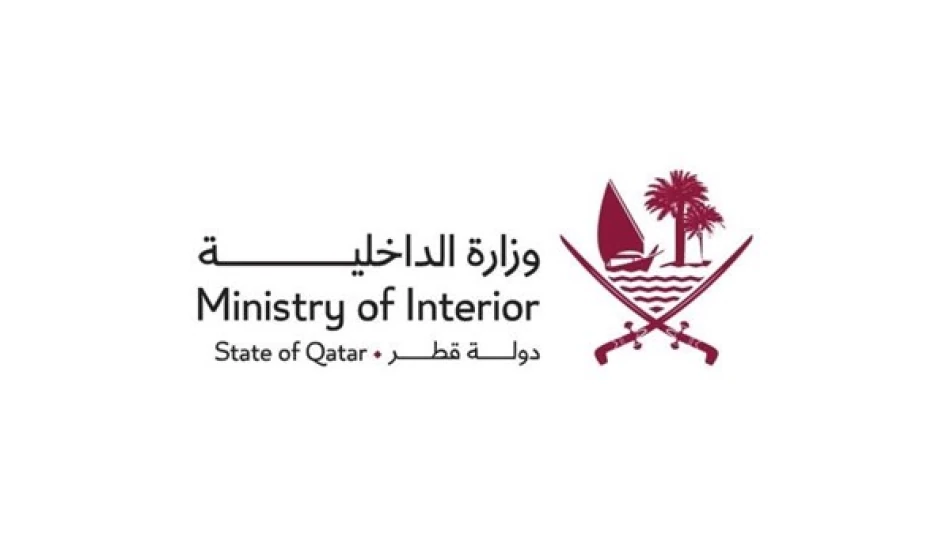
Qatar Interior Ministry Mourns Security Force Member Killed in Targeted Attack
Israeli Strike on Hamas Political Leaders in Doha Kills Qatari Security Officer
A targeted Israeli attack on residential quarters housing Hamas Political Bureau members in Qatar's capital has resulted in the death of a Qatari security officer and multiple injuries among security personnel. The strike marks a significant escalation in Israel's operations against Hamas leadership on foreign soil, potentially straining Qatar's role as a regional mediator and raising questions about the future of diplomatic safe havens for Palestinian political figures.
Attack Details and Casualties
Qatar's Ministry of Interior confirmed that explosions heard across various parts of Doha on Tuesday afternoon were the result of an Israeli strike targeting residential facilities where Hamas Political Bureau members were staying. The attack killed Corporal Badr Saad Mohammed Al-Humaidi Al-Dosari, a member of Qatar's Internal Security Force (Lekhwiya), who was on duty at the targeted location.
Several other security personnel sustained injuries in the strike. Qatar's specialized explosives unit continues to secure and sweep the targeted area while implementing established protocols for such incidents.
Qatar's Delicate Balancing Act Under Pressure
This attack places Qatar in an unprecedented position, as the Gulf state has long maintained its role as a neutral mediator while hosting Hamas's political leadership since 2012. Qatar's decision to provide sanctuary to Hamas officials has been part of its broader diplomatic strategy to position itself as an indispensable regional broker, facilitating negotiations between Israel and Palestinian factions.
The strike directly challenges Qatar's sovereignty and its ability to guarantee safety for political figures it hosts. This development could force Doha to reconsider its open-door policy for controversial political movements or strengthen security measures significantly.
Regional Implications and Diplomatic Fallout
Comparison to Previous Operations
Israel has previously conducted targeted assassinations of Hamas and Hezbollah figures in countries like Lebanon, Syria, and most notably in Dubai in 2010. However, striking within Qatar—a US ally and major non-NATO ally—represents a more audacious move that could complicate Israel's relationships with Gulf partners.
Unlike operations in hostile territories or neutral ground, this attack occurred in a country that maintains diplomatic relations with Israel through the Abraham Accords framework, albeit indirectly through its Gulf Cooperation Council partnerships.
Impact on Mediation Efforts
Qatar has been instrumental in facilitating prisoner exchanges, ceasefire negotiations, and humanitarian aid deliveries to Gaza. The country's unique position—maintaining relationships with both Israel and Hamas—has made it irreplaceable in regional diplomacy. This attack could undermine future mediation efforts if Qatar decides to limit its engagement or if Hamas leadership relocates to less accessible locations.
Security and Intelligence Considerations
The successful execution of this operation suggests sophisticated intelligence gathering and operational planning. The fact that Israeli forces could identify specific residential locations and carry out a precision strike in Doha indicates either advanced surveillance capabilities or intelligence cooperation that Qatar may not have been aware of.
For regional security services, this incident demonstrates that traditional diplomatic immunity and host country protection may no longer guarantee safety for high-value targets, potentially leading to increased security costs and diplomatic complications across the Middle East.
Economic and Political Ramifications
Qatar's position as a stable, secure hub for international business and diplomacy could face scrutiny following this breach of its security envelope. The country has invested heavily in its image as a safe haven for international organizations, media outlets, and diplomatic missions ahead of its continued regional leadership ambitions.
The incident may also influence Qatar's substantial investments in Palestinian territories and its humanitarian aid programs, as the country reassesses the risks associated with its current foreign policy approach. With Qatar hosting the 2030 Asian Games and maintaining significant international business interests, security concerns could impact its broader economic and diplomatic objectives.
Most Viewed News

 Layla Al Mansoori
Layla Al Mansoori






